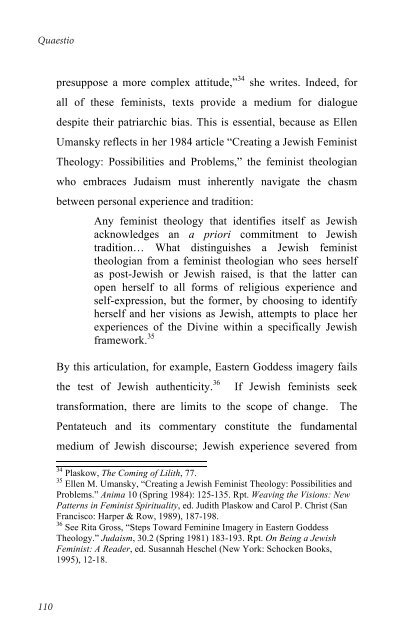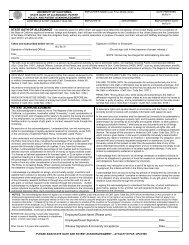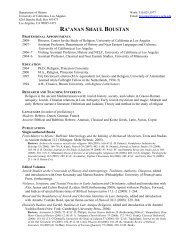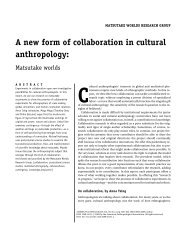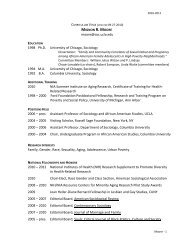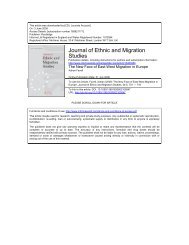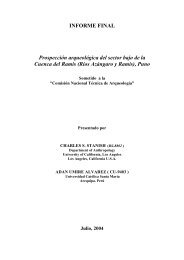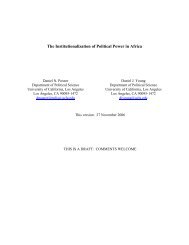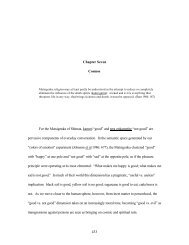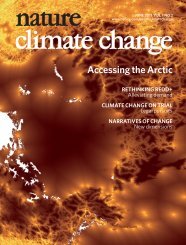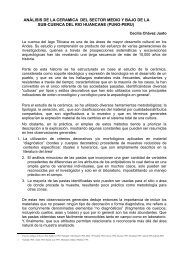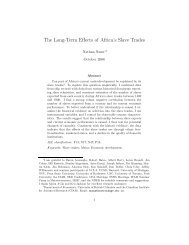QUAESTIO - Social Sciences Division - UCLA
QUAESTIO - Social Sciences Division - UCLA
QUAESTIO - Social Sciences Division - UCLA
Create successful ePaper yourself
Turn your PDF publications into a flip-book with our unique Google optimized e-Paper software.
Quaestio<br />
presuppose a more complex attitude,” 34 she writes. Indeed, for<br />
all of these feminists, texts provide a medium for dialogue<br />
despite their patriarchic bias. This is essential, because as Ellen<br />
Umansky reflects in her 1984 article “Creating a Jewish Feminist<br />
Theology: Possibilities and Problems,” the feminist theologian<br />
who embraces Judaism must inherently navigate the chasm<br />
between personal experience and tradition:<br />
Any feminist theology that identifies itself as Jewish<br />
acknowledges an a priori commitment to Jewish<br />
tradition… What distinguishes a Jewish feminist<br />
theologian from a feminist theologian who sees herself<br />
as post-Jewish or Jewish raised, is that the latter can<br />
open herself to all forms of religious experience and<br />
self-expression, but the former, by choosing to identify<br />
herself and her visions as Jewish, attempts to place her<br />
experiences of the Divine within a specifically Jewish<br />
framework. 35<br />
By this articulation, for example, Eastern Goddess imagery fails<br />
the test of Jewish authenticity. 36<br />
If Jewish feminists seek<br />
transformation, there are limits to the scope of change. The<br />
Pentateuch and its commentary constitute the fundamental<br />
medium of Jewish discourse; Jewish experience severed from<br />
34 Plaskow, The Coming of Lilith, 77.<br />
35 Ellen M. Umansky, “Creating a Jewish Feminist Theology: Possibilities and<br />
Problems.” Anima 10 (Spring 1984): 125-135. Rpt. Weaving the Visions: New<br />
Patterns in Feminist Spirituality, ed. Judith Plaskow and Carol P. Christ (San<br />
Francisco: Harper & Row, 1989), 187-198.<br />
36 See Rita Gross, “Steps Toward Feminine Imagery in Eastern Goddess<br />
Theology.” Judaism, 30.2 (Spring 1981) 183-193. Rpt. On Being a Jewish<br />
Feminist: A Reader, ed. Susannah Heschel (New York: Schocken Books,<br />
1995), 12-18.<br />
110


